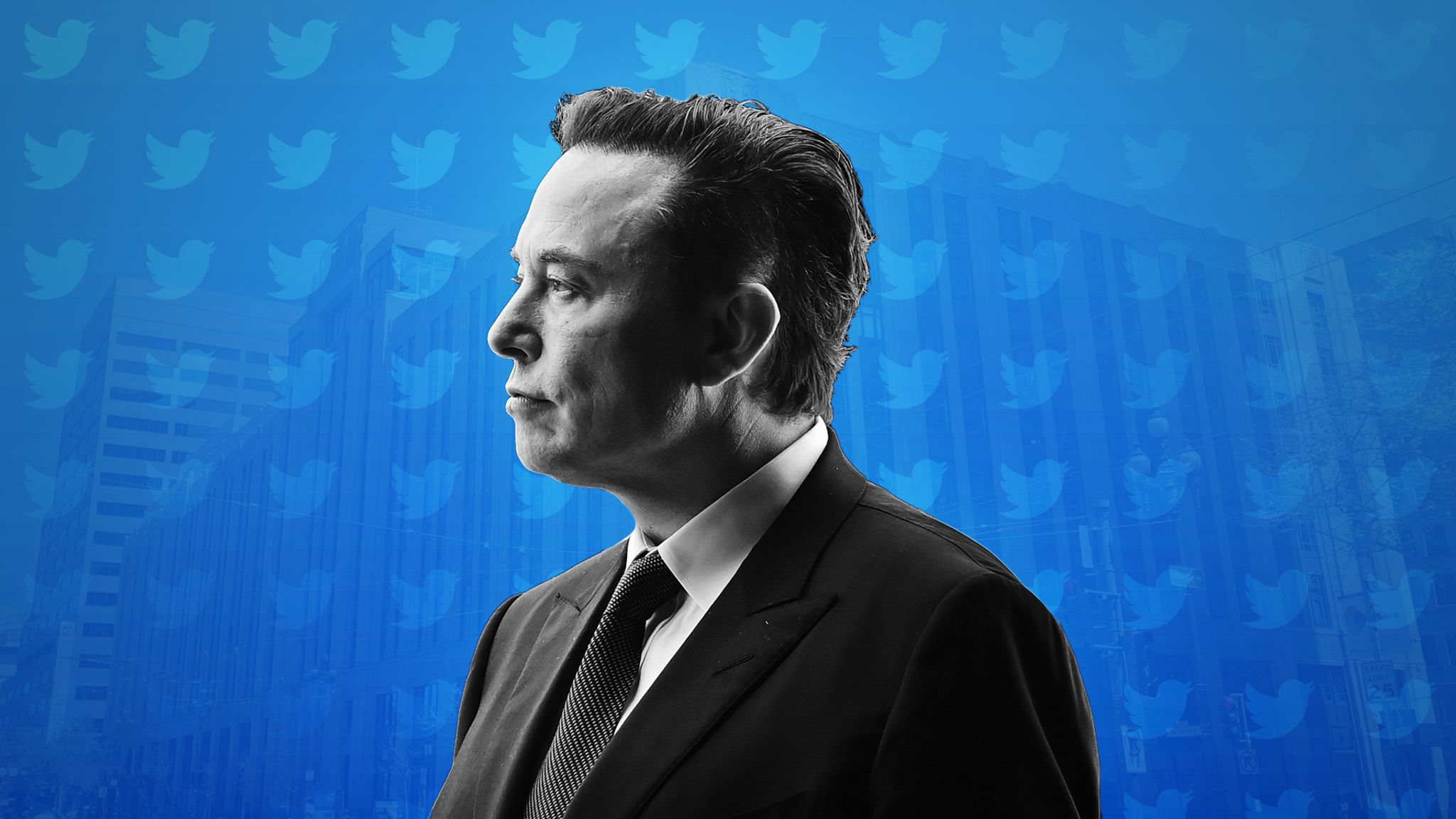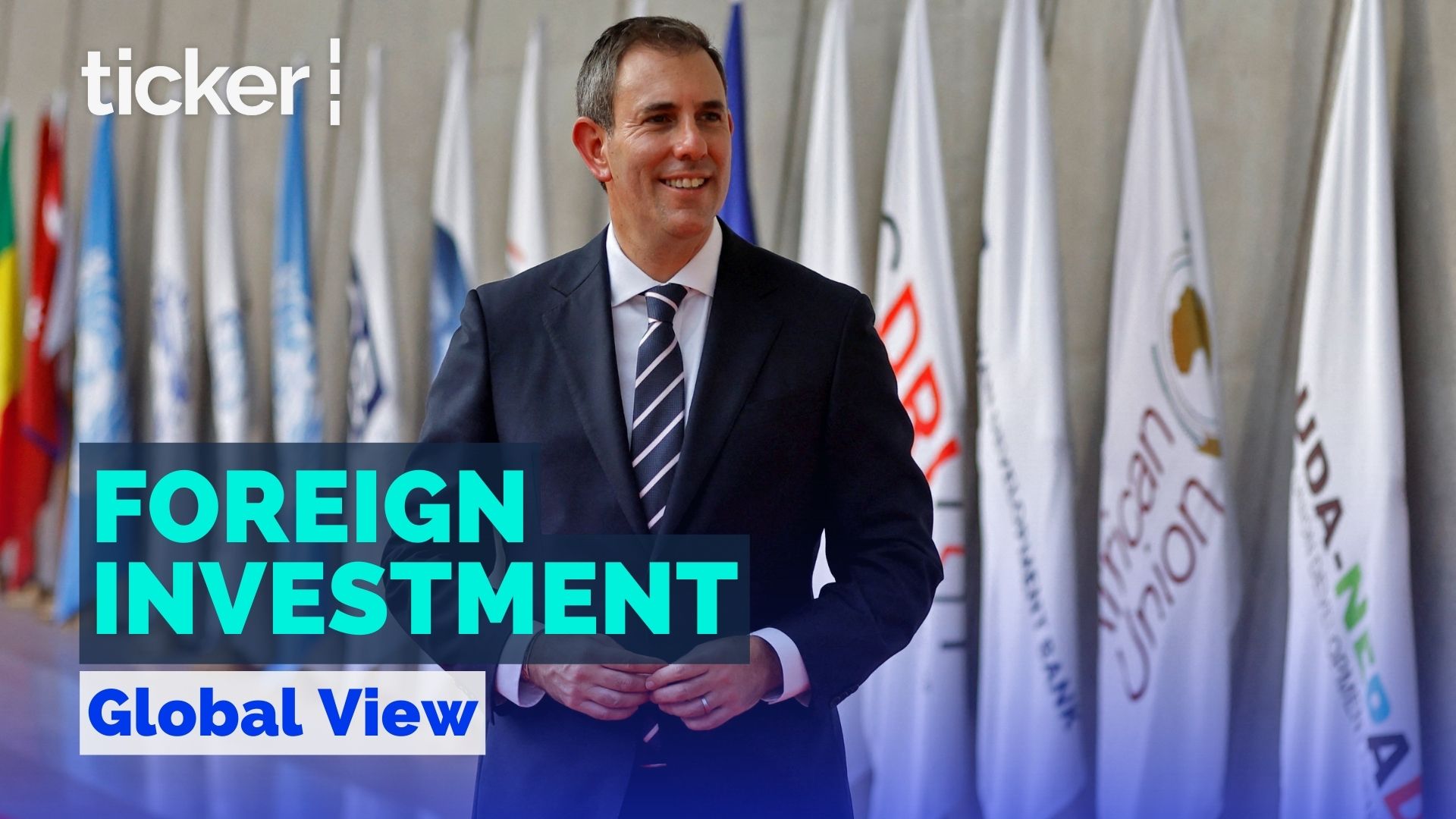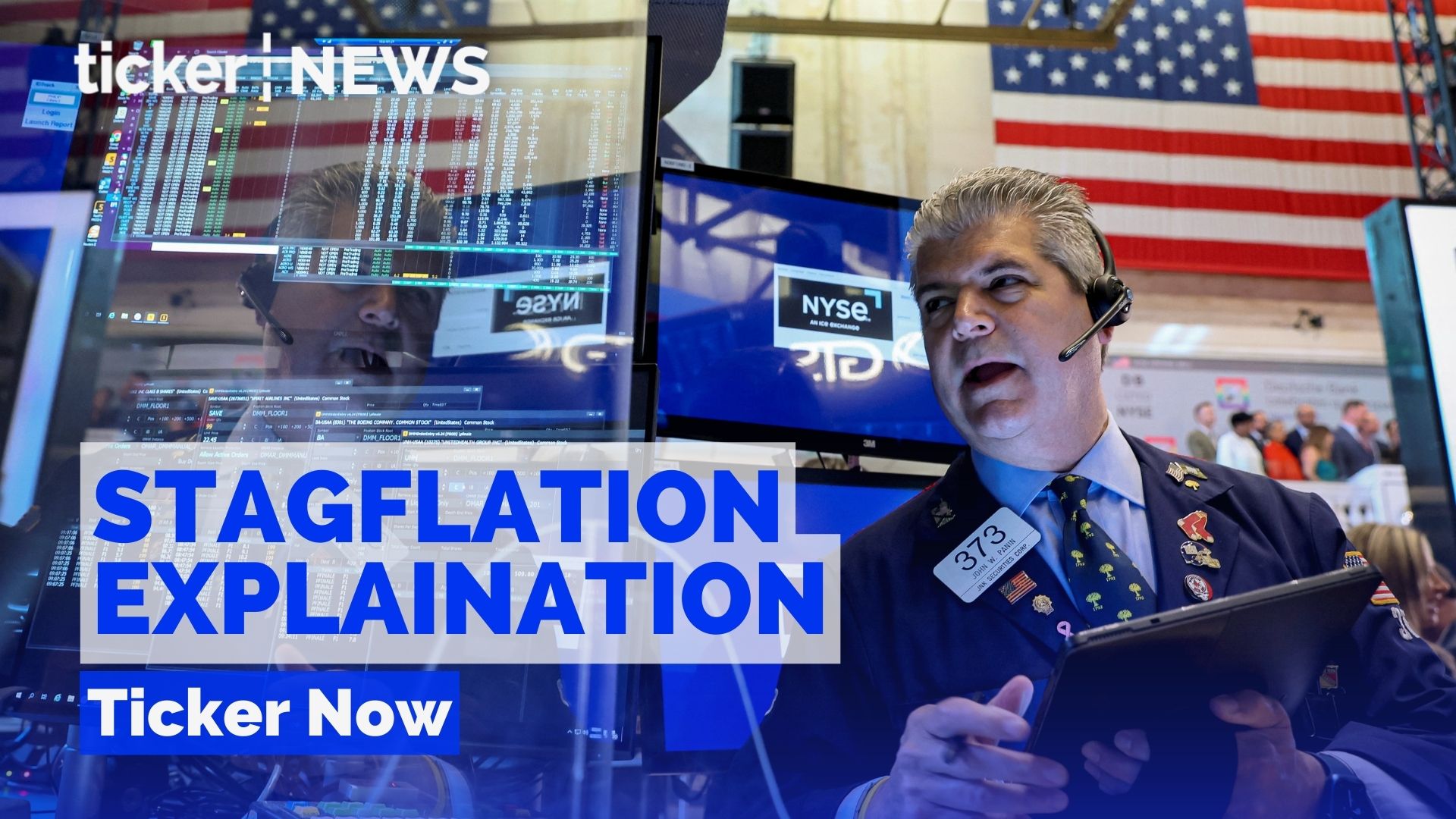X, formerly known as Twitter, is facing uncertain times as Elon Musk, the platform’s owner, hinted at the possibility of its failure.
In a statement, Musk admitted that the rebranded X “may fail,” but emphasized the company’s commitment to striving for success.
He also lamented the absence of any “great social networks” in the current landscape.
The rebranding of Twitter as X marked a significant shift in the platform’s identity. While the transition initially garnered attention and saw Meta launch a rival platform named Threads on July 5, with over 100 million signups reported by Time magazine, recent data from Similarweb indicates a decline in X’s daily active user rate.
After Threads’ launch, the platform’s user count peaked at 44 million but has since fallen to around 10 million.
Combatting bots
Musk’s efforts to combat bots on the platform and transform it into a “super-app” have faced challenges. Notably, a report by Matt Binder of Mashable revealed that approximately 42% of Musk’s followers on X had no followers themselves, suggesting the presence of bots.
This development comes in the wake of Musk’s controversial decision to remove the blocking feature from the platform. Activist Monica Lewinsky criticized this move, urging Musk and CEO Linda Yaccarino to reconsider, citing the block feature’s significance in online safety.
While Musk’s takeover of X initially generated immense interest and excitement, the recent uncertainties and challenges underscore the dynamic nature of social media platforms and the complexities involved in reshaping and redefining their roles in the digital age.
In May, Fidelity devalued its stake in the company when it was still known as Twitter, valuing it at approximately $15 billion—just a third of Musk’s acquisition price, as reported by The Wall Street Journal. X has not issued an immediate response to inquiries made by Insider outside regular working hours.



 Shows1 day ago
Shows1 day ago


 News1 day ago
News1 day ago


 News4 days ago
News4 days ago


 Leaders1 day ago
Leaders1 day ago


 Leaders1 day ago
Leaders1 day ago


 Money5 days ago
Money5 days ago


 Money4 days ago
Money4 days ago


 News4 days ago
News4 days ago





